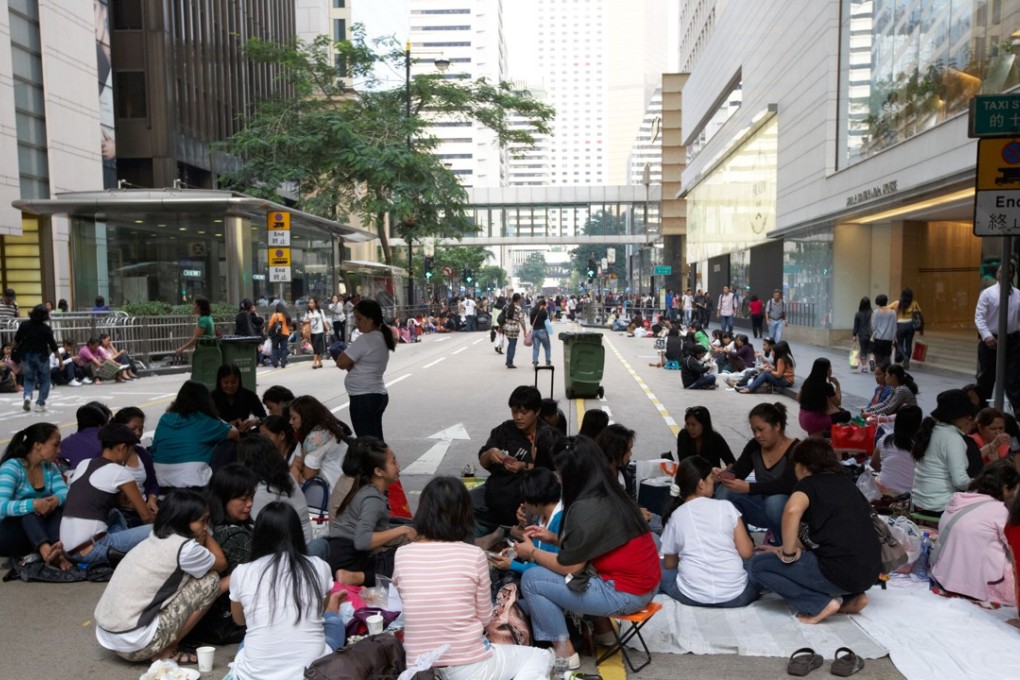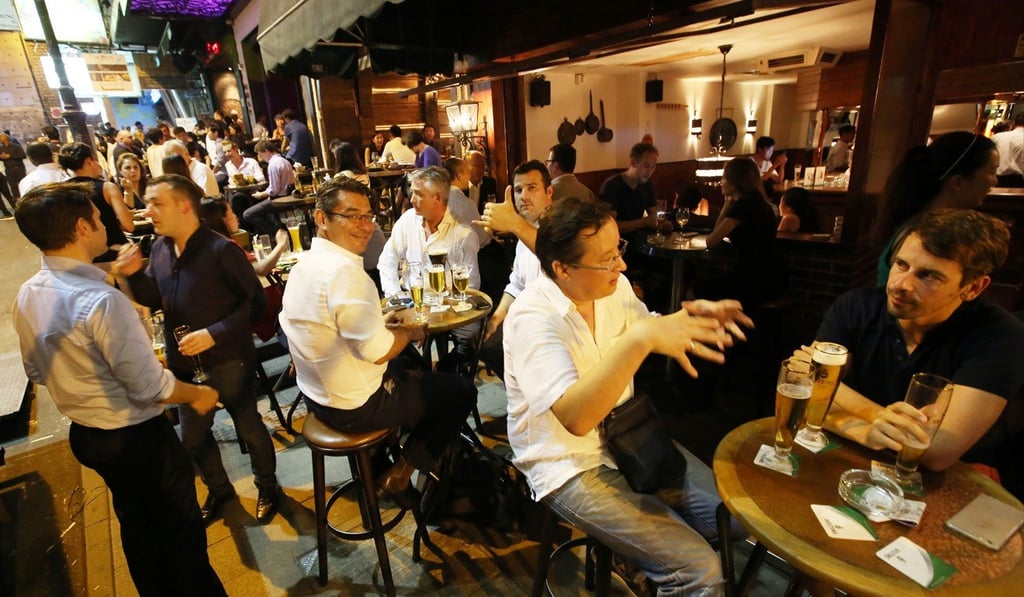Where do you stand in racist Hong Kong? Here’s something to chew over
Luisa Tam wonders how you’d react in a restaurant if those at the next table started to raise a ruckus. Would your reaction be different depending on their race?

Have you ever worried about being perceived as racist? Here is a litmus test to put your worries to rest (or confirm them).
How would you react if you were in a restaurant enjoying a quiet meal and suddenly people at the next table started to raise a ruckus because they were celebrating something? And would your reaction be any different if they were mainland Chinese, local Chinese or foreign tourists?
It’s natural for us to react differently to different people and situations. For example, we tend to be more lenient towards kids and older people. But if our reactions are influenced by our preconceptions or misconceptions, based on the other person’s ethnic background, then it’s racism.
Overt racism, bad education and less freedom – a Hong Kong filmmaker on her city
There’s no denying that deep down, we all know whether we are racist, no matter what we say or do. We have all grown up knowing what racism is about; some have chosen to reject it while others embrace it. I tend to think of racism as a virus; everyone is exposed to it at some point in their life but some can fight it off while some unfortunately succumb to it.
I tend to think of racism as a virus; everyone is exposed to it at some point in their life but some can fight it off while some unfortunately succumb to it
That’s why if we put the same restaurant question to young children, it’s almost certain their reaction would be unanimously unbiased as they haven’t yet been exposed to that all-consuming illness of racism.
Hong Kong may be a cosmopolitan city but most locals don’t seem to have cosmopolitan values and views, or a deep understanding of other cultures. Their sense of being cosmopolitan is merely limited to an ability to maintain a long tradition of living in harmony with people of different ethnic origins. When it comes to embracing cosmopolitan values, many Hongkongers are clueless and hence exhibit racist behaviour, sometimes unconsciously and sometimes not.
There is nothing more infuriating than to hear a local person use racist slurs such as “bun bun” to address Filipinos, (a term derived from the Cantonese word for the Philippines, “Fei Lut Bun”), “ah chah” (similar to the Hindi word “acha” which means OK) to refer to Indians and Pakistanis or call black people “black ghost” in Cantonese. Most Westerners now wholeheartedly embrace “gweilo” as a term of endearment, but centuries ago it was a pejorative term for Europeans.
To me, it’s not only the words that matter; it’s also the implied ignorance in such words that speaks volumes about racial attitudes.
